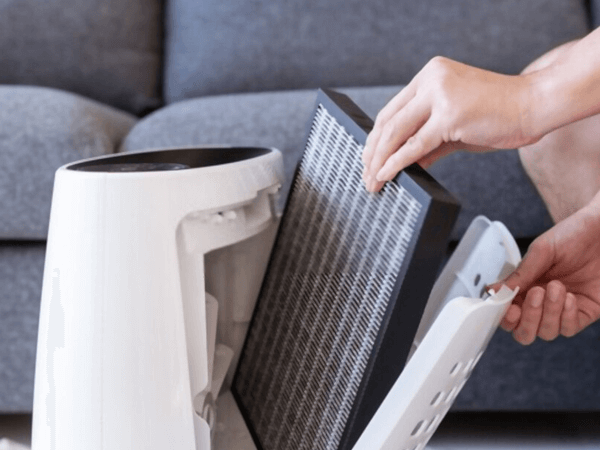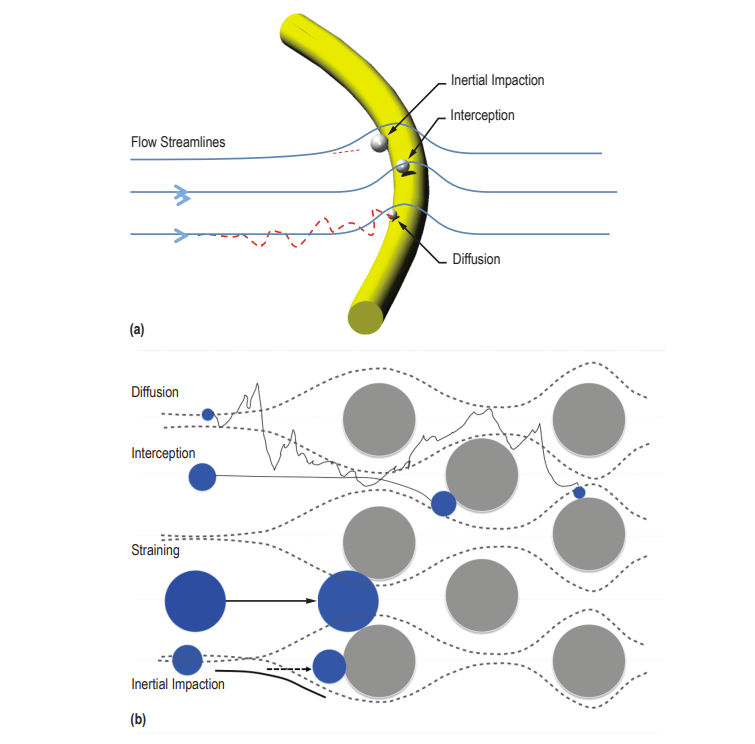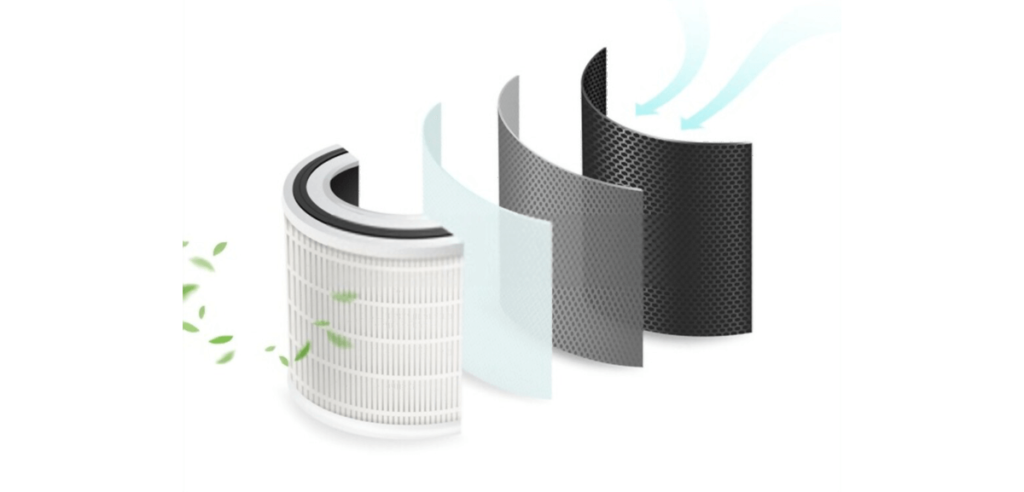Physical Address
304 North Cardinal St.
Dorchester Center, MA 02124
Physical Address
304 North Cardinal St.
Dorchester Center, MA 02124

We hope you love the products we recommend! We may collect a share of sales or other compensation from the links on this page at no extra cost for you. Learn more.
If you are searching for what is a HEPA filter and you are hoping to buy your first air purifier then here are the things that you need to know. High-Efficiency Particulate Air known as HEPA is a type of filter made up of interlaced glass fibers that creates a fiber mesh maze. The HEPA filter is known for its functionality in air purifiers as they are made to trap micro-level pollutants in the air.

Studies have shown that HEPA filters can accumulate 99.97% of small pollutants with a 0.3 µm in diameter to be trapped in the fibrous mesh. HEPA filters were created in world war two where American scientists figured out a method to capture radioactive materials and pollutants in the air that were released when creating the atomic bomb. However, HEPA filters took a while to be accepted and certified as a standard which was done so in 1983.

The interlaced glass fibers forming the fibrous mesh can trap tiny particles in four different methods. These methods are direct impaction, sieving, interception, and diffusion.
Direct impaction explains the process where it is intended to large pollutants sizes such as pollen and dust, can travel through the fiber where they will collide with the mesh and get stuck in it.
The sieving method allows particles to go through two fibers in the mesh and certain larger particles will get trapped in the fibers when trying to push through.
The interception method is assisted by the laws of inertia where the airflow will try to reroute the path from the particular fibers, but as they go through they will get stuck on these fibers.
Then comes diffusion where this method acts on the smaller and finer particles where the random movement of these particles enables fibers to trap them when they impact with the said fibers.

After the HEPA filter, there are many air purifiers that utilize pre and post-filters to increase the efficiency of the filtration process. A pre-filter is used before the HEPA filter to reduce the workload of the above filter and to capture larger pollutants such as pollen, dust, pet dander, etc.
Activated carbon filters are used in conjunction with HEPA filters, and these types of filters can capture various types of chemicals to smoke and odors. Therefore using an air purifier with these types of filters will provide extra functionality to the filtration process.
Using an air purifier with a HEPA filter only will not improve the air quality as there are many other factors, such as good ventilation, regular cleaning, and vacuuming. Periodical air quality checks can improve the home’s air quality apart from air purifiers. Therefore, it is important to follow these techniques and further improve the air quality of your home.
Selecting an air purifier requires research on what type of air purifiers are good for your health. Ionizers and other ozone by product emitters can be harmful for your health. Therefore it is crucial to know how an air purifer work and what are included in the filteration process.
HEPA filters have many other uses as well. These types of filters are used in air purifiers, vehicles, and vacuum cleaners. These types are filters are now common in all consumer-based products.
Most users are confused with the term ‘True HEPA’. True HEPA is purely a marketing term that is generated by two different standards, which are from the US and Europe. In the US, HEPA filters should capture 99.97% of particles with a size of 0.3 µm. Compared to the European standard it is 85% with the same particle size therefore ‘True HEPA’ term is used for the US standard HEPA filters.
HEPA filters require periodical cleaning and replacement to provide proper functionality. Mostly the replacement of the filters is due every three months to six months, and the cleaning of the filters should be done regularly as pollutants that are trapped, may block the air through the filter in case of excessive use without cleaning.
Types of HEPA filters can be categorized according to their minimum efficiency rating along with the minimum particle size, and these types of filters are categorized as A,B,C,D,E and F